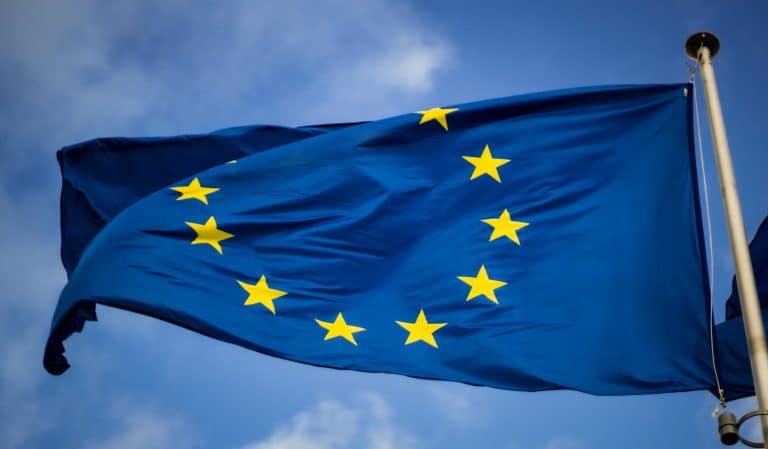Today is World Health Day, an initiative of the World Health Organization (WHO). This year’s theme, depression, is a pressing health issue worldwide and in the Netherlands. It is therefore important that medication meant for treating depression is safe. Unfortunately, this is not always the case.
One infamous antidepressant is Seroxat. The pharmaceutical industry concealed clinical trial results which showed that the drug lead to an increased risk of suicide amoung adolescents. When similar events are revealed, the industry usually portrays these as mere incidents. Nevertheless, concealing negative trial results is in fact a common problem.
Seroxat is not the only drug of which its serious adverse side effects have been hidden from the public. For example, the producer of the diabetes treatment drug Avandia did not mention that one of the drug’s side effects is a higher risk of cardiac arrest. According to the US Food and Drug Administration (USFDA), Avandia is associated with 100.000 cardiac arrests. And in France, approximately 500 people died after using the appetite suppressant Mediator, which is produced by the company Servier.
No benefits for public health
Tampering with clinical test results does not always results in serious health damage. In fact, it often means that the new drugs that enter the market do not have added therapeutic value compared to existing drugs. While the industry gets to make more profit out of them, public health does not reap the benefits of these new drugs.
Together with the European Public Health Alliance, SOMO and ISDB, Wemos did research on how many of the existing drugs on the Dutch, French and German markets have true added therapeutic value. And the results were shocking. In the Netherlands, only 4% of drugs that had been studied over a course of 14 years by the ‘Geneesmiddelenbulletin’ had added therapeutic value. Statistics for France and Germany were similar.
A big waste of money
Tamiflu is a clear example of a drug without added therapeutic value. European governments stocked up on this antiviral drug after the swine flu, and the Netherlands bought it for over 50 million Euros. However, researchers of the Nordic Cochrane Collaboration and the British Medical Journal stated that the drug actually is not any better than paracetamol. According to Fiona Godlee, editor-in-chief of the British Medical Journal, people might as well just take a stiff drink.
Antidepressants also do not have added therapeutic value. Dick Bijl, epidemiologist and editor-in-chief of the Geneesmiddelenbulletin, stated that 98% of people who are on antidepressants do not reap any benefits from them. Now is therefore the time for the government to be more stringent when it comes to admitting new drugs to the market, and look into the true added therapeutic value of new drugs as compared to existing drugs.




